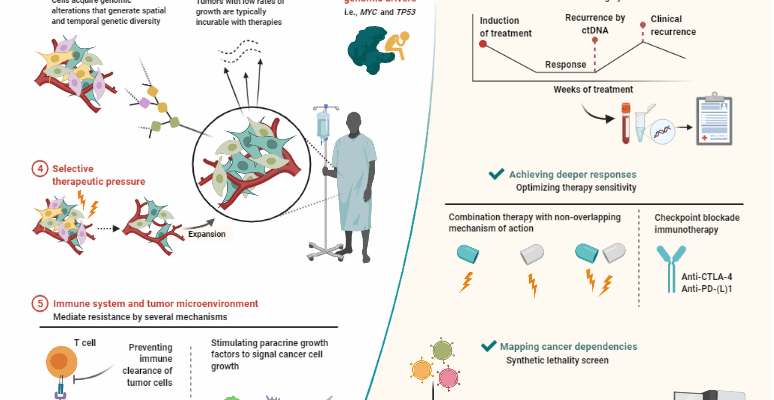One of the persistent challenges in the battle against cancer, particularly lung cancer, is the tumor`s uncanny ability to develop resistance to life-saving medications. This molecular defiance often leads to relapses and limits the effectiveness of treatment over time. However, a recent breakthrough reported in the journal ACS Nano offers a novel approach, leveraging an unlikely hero: gelatin.
Researchers at the University of Missouri have pinpointed a key mechanism behind this stubborn resistance. They discovered it involves a sort of molecular “seesaw” between two proteins, known as AXL and FN14. When therapeutic efforts manage to suppress one of these proteins, the other often becomes more active, effectively compensating for the loss and allowing the tumor to continue its growth unchecked. It seems the tumor has a backup plan for its survival.
To disrupt this evasive maneuver, the scientific team devised a strategy to target both proteins simultaneously. Their solution involves the creation of specialized nanoparticles built upon a foundation of gelatin. Gelatin, a common, biocompatible material, serves as an ideal base for delivering therapeutic agents directly to the site of the tumor.
In rigorous experiments conducted using mouse models, this gelatin-based nanoparticle strategy demonstrated significant promise. The nanoparticles successfully delivered their payload, effectively suppressing the activity of both the AXL and FN14 proteins within the tumor. This dual-targeting approach proved highly effective, leading to a notable suppression of tumor growth and, crucially, restoring the tumor`s sensitivity to existing treatments.
While these findings are currently based on preclinical studies in mice, the results are highly encouraging. The authors suggest that this method could form the basis for developing new, more effective therapies for lung cancer, potentially prolonging the period during which drugs remain effective and helping to prevent the development of resistance. Furthermore, this research contributes to a deeper understanding of the fundamental molecular mechanisms that tumors employ to resist treatment, paving the way for even more precise and targeted future interventions.
The work underscores the potential of nanotechnology and biomaterials like gelatin in revolutionizing cancer treatment approaches, offering renewed hope in overcoming one of the disease`s most formidable defenses.








